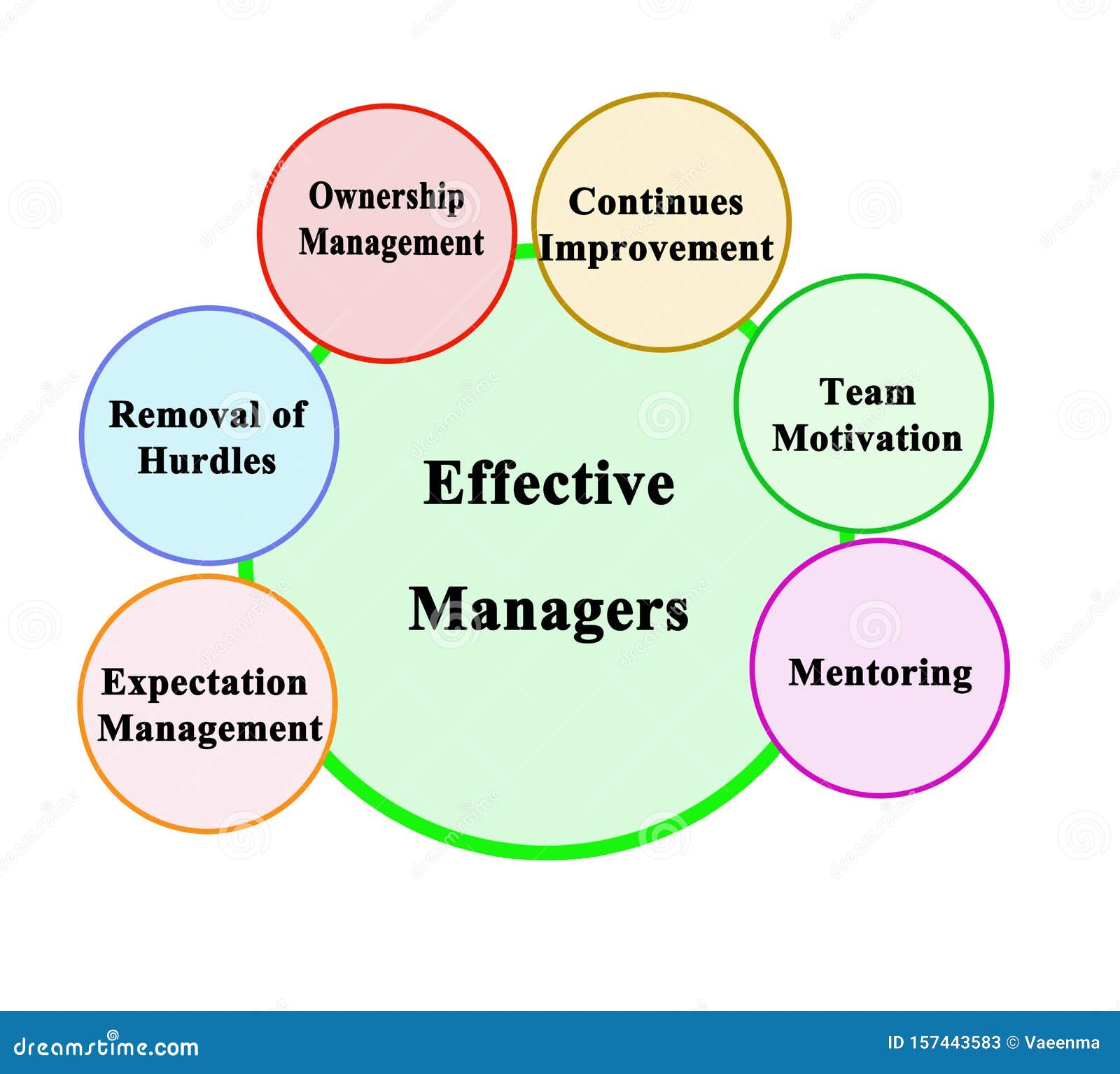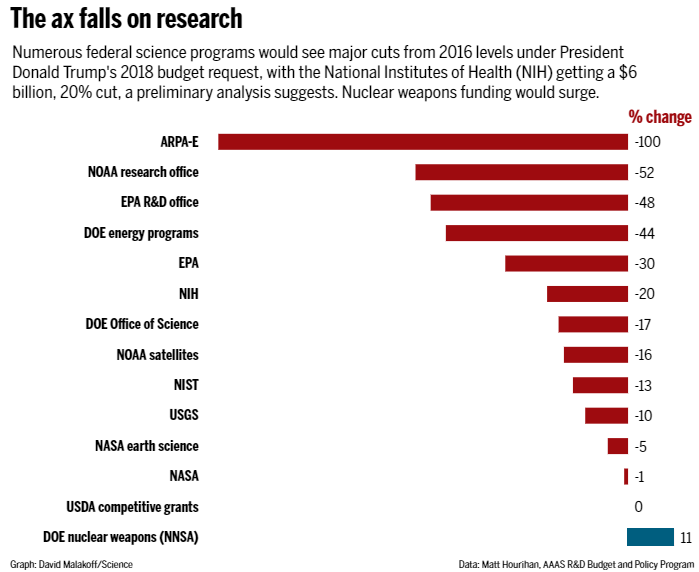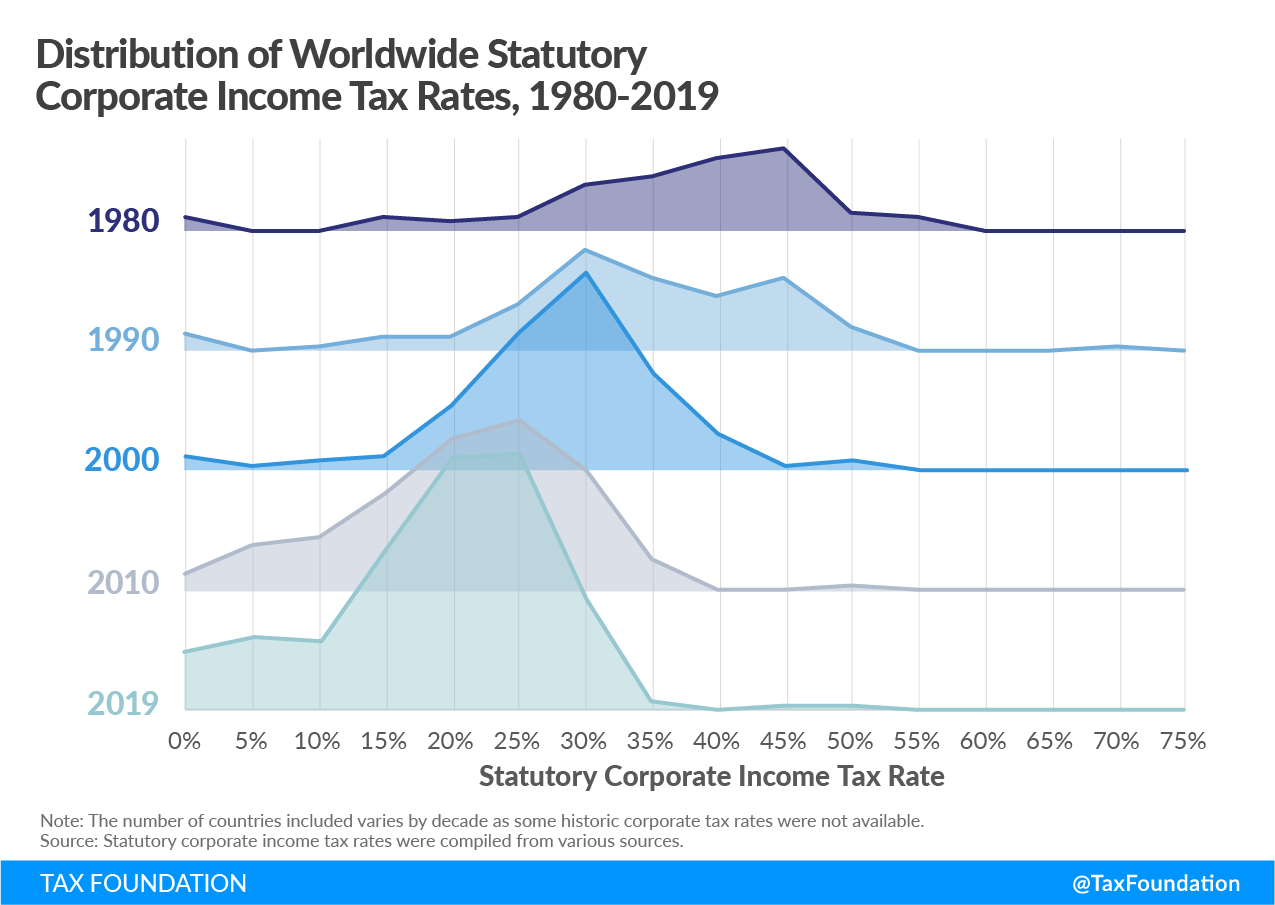Effective managers are the backbone of any successful organization, playing a pivotal role in guiding teams towards their goals and maximizing productivity. They possess a unique blend of qualities that set them apart, including strong leadership skills, effective communication, and a strategic vision that aligns with the company’s objectives. Research indicates that traditional manager selection criteria, often based on personality traits or experience, may not accurately predict effective management performance. Instead, key management performance indicators, such as analytical thinking and decision-making abilities, are crucial for identifying the best candidates. Understanding the qualities of a good manager is essential for companies seeking to improve their leadership strategies and foster a productive work environment.
Introducing the concept of proficient leaders or supervisors, we delve into what distinguishes outstanding guidance within organizations. These individuals not only manage resources effectively but also cultivate an atmosphere of collaboration and innovation. By exploring the predictive measures for managers, we can better appreciate how specific skills and traits contribute to organizational success. The ability to evaluate leadership skills goes beyond mere qualifications or tenure; it lies in the understanding of how these attributes impact team dynamics. Enhancing our grasp of what makes a manager effective will undoubtedly lead businesses towards better operational outcomes.
Understanding the Qualities of a Good Manager
Good managers possess a unique set of qualities that enable them to lead effectively and inspire their teams. Core to these qualities are strong communication skills, emotional intelligence, and the ability to establish psychological safety within their team. These traits are essential as they foster an environment where employees feel valued and are encouraged to share their ideas without fear of negative repercussions. This emotional safety allows people to contribute more genuinely and can significantly boost overall team morale.
However, the identification of these qualities can be quite challenging. Organizations often rely on traditional methods of manager selection, focusing on experience and personality traits rather than predictive measures. To determine a manager’s potential, companies should incorporate comprehensive assessments that evaluate leadership skills and decision-making capabilities, leading to better management performance and a more engaged workforce.
Effective Managers: The Key to Business Success
Effective managers play an integral role in the success of any business. They are not just figureheads but strategists who meticulously align resources, motivate teams, and drive performance. The presence of skilled and analytical leaders can set the tone for the organization’s culture and determine its operational efficiency. Companies that prioritize effective manager selection using data-driven methods often find significant improvements in productivity and employee satisfaction.
Moreover, effective managers can navigate complex work environments and adapt their strategies to meet challenges head-on. Through their leadership, they encourage innovation and foster collaboration, ensuring that every team member feels empowered to contribute. By implementing predictive measures that center around management performance indicators, organizations can refine their selection criteria to identify managers who possess both the vision and the skills necessary for leadership.
The Importance of Leadership Skills in Management
Leadership skills are paramount in management, influencing various aspects of team dynamics and overall organizational success. A manager who demonstrates effective leadership can inspire their subordinates, drive engagement, and enhance productivity. This stems from their ability to set clear goals, provide constructive feedback, and support individual and team growth. Investing in leadership development is crucial for current and emerging managers to hone these skills.
Furthermore, comprehensive leadership training programs can serve as a tool for shaping future managers’ capabilities. Such programs should focus on not only strategic thinking but also on empathetic communication and team dynamics. By nurturing these leadership skills, organizations can cultivate a pool of capable managers who are adaptive and well-equipped to meet the challenges of the modern workplace.
Predictive Measures for Selecting Managers
In recent years, the importance of scientific approaches in selecting managers has gained prominence. Traditional selection methods often fail to predict future managerial success due to their reliance on subjective criteria. By employing predictive measures such as IQ tests, economic decision-making assessments, and observational studies, businesses can gain insights into potential managers’ capabilities. These tools provide a clearer picture of who may excel in a management role, contrasting markedly with conventional selection criteria that focus on age or appearance.
Implementing these predictive measures within hiring processes can significantly enhance the quality of management across an organization. This data-driven approach not only allows companies to identify potential leaders more accurately but also saves resources by preventing poor hiring decisions that can lead to reduced productivity and high turnover rates. By strategically honing in on the qualities that genuinely contribute to management success, organizations position themselves for sustained growth.
Management Performance Indicators: What Matters Most
Management performance indicators (MPIs) are essential metrics that help organizations evaluate the effectiveness of their managers. These indicators provide insights into various aspects of management, such as team performance, employee engagement, and operational efficiency. By tracking these indicators, organizations can identify strengths and weaknesses in their management practices, ultimately leading to informed decision-making and improved leadership strategies.
Additionally, using MPIs effectively can lead to targeted training and development initiatives. When managers are assessed against clear performance indicators, it becomes easier to pinpoint specific areas for growth. This process encourages a culture of continuous improvement, empowering managers to refine their skills and adapt their leadership styles to the evolving demands of their teams and the business landscape.
The Role of Communication in Management
Effective communication is the cornerstone of successful management. A good manager must articulate expectations clearly, provide feedback constructively, and foster open dialogue within their team. This two-way communication not only empowers employees but also builds trust, essential for maintaining a productive work environment. Miscommunication can lead to conflicts and misunderstandings, making it imperative for managers to hone their communication skills.
Moreover, effective communication involves active listening, where a manager acknowledges and considers the inputs of their team members. By doing so, managers create a more inclusive atmosphere that promotes creativity and collaboration. An open communication channel allows for the free flow of ideas, which can be crucial in problem-solving and driving innovation. Therefore, enhancing communication skills should be a fundamental goal for managers aiming to excel in their roles.
Why Character Counts in Management
Character and integrity are foundational qualities for effective management. Managers with strong character are likely to earn their team’s respect and trust, crucial elements for successful leadership. When employees perceive their managers as honest and ethical, they are more inclined to follow their directives and strive towards common goals. Thus, ensuring managerial integrity is not only beneficial for team cohesion but also for the broader company culture.
Furthermore, a manager’s character can influence organizational outcomes. Ethical managers discourage detrimental behaviors among their team, fostering a work environment that promotes accountability and high standards. In contrast, managers lacking integrity may lead teams toward mediocrity and disengagement. It is vital for organizations to consider character a key selection criterion when promoting or hiring managers, as their personal values directly impact overall organizational performance.
Identifying Potential Managers Early
In many organizations, identifying potential managers is often an overlooked process. Early talent identification can lead to significant benefits for businesses, allowing them to nurture future leaders within their ranks. By implementing programs that evaluate employees’ leadership potential through projects, mentorships, or leadership workshops, organizations can actively cultivate the next generation of managers who align with their desired values and performance criteria.
Moreover, investing in early identification practices can result in improved employee retention. When employees see a clear pathway to advancement and receive support in their development, they are more likely to remain committed to the organization. This dedication not only contributes to a more stable workforce but allows the organization to develop deeply-rooted managerial talent that understands its culture and goals.
The Challenges of Managerial Selection
The challenges associated with selecting suitable managers are numerous, ranging from biases in the hiring process to inappropriate reliance on outdated metrics. These challenges hinder organizations from adopting a more scientific approach, limiting their ability to evaluate candidates effectively. Without a framework for identifying key management qualities, businesses risk promoting individuals who may not possess the essential skills required for successful leadership.
Additionally, the tendency to prioritize surface-level indicators, such as charisma or popularity, over proven predictive measures can severely hamper management effectiveness. To counter these challenges, organizations must commit to refining their selection criteria and investing in research-backed assessment tools that accurately gauge candidates’ capabilities. Addressing these hurdles head-on increases the likelihood of hiring effective managers who can thrive in their roles and greatly contribute to the success of the organization.
Frequently Asked Questions
What are the qualities of an effective manager?
Effective managers possess several key qualities, including strong communication skills, psychological safety awareness, and the ability to relate well to team members. They also need analytical skills to assess team dynamics and a strategic vision to guide their teams towards organizational goals.
How can organizations select managers based on effective management performance indicators?
Organizations can improve manager selection by utilizing relevant performance indicators such as IQ and economic-decision-making skills, rather than relying solely on personality traits or previous experience. These indicators have been shown to strongly correlate with successful managerial outcomes.
What leadership skills should managers develop to be more effective?
To be effective, managers should develop leadership skills that include empathy, clear communication, the ability to foster psychological safety, and analytical thinking. These skills enable managers to motivate their teams effectively and navigate complex organizational challenges.
What predictive measures for managers can lead to better selection outcomes?
According to research, predictive measures for selecting effective managers include intelligence assessments, such as the Raven’s Progressive Matrices test, and the ability to make sound economic decisions. These factors are more indicative of managerial success than traditional selection criteria like age or past leadership experience.
Why is it important to focus on the qualities of a good manager?
Focusing on the qualities of a good manager is essential because effective managers drive team performance, enhance employee engagement, and facilitate strategic decision-making. Their ability to communicate effectively and create a supportive work environment can significantly impact an organization’s overall success.
| Key Point | Details |
|---|---|
| Selection Criteria | Organizations should use performance metrics rather than personality traits to select managers. |
| Effective Manager Qualities | Good managers possess a mix of interpersonal skills, analytical skills, and a strategic vision. |
| Overconfidence Issue | Individuals who strongly desire managerial roles often perform worse than those randomly chosen. |
| Predictive Measures | Performance on IQ tests and economic decision-making tests are better predictors of manager effectiveness. |
| Management Importance | Good management determines resource allocation and strategic direction within organizations. |
| Research Contributions | Advocating for a scientific approach to identifying effective managers to enhance organizational productivity. |
Summary
Effective managers play a crucial role in navigating the complexities of organizational dynamics. The study indicates that traditional methods of selecting managers based on preferences and personality traits may not yield the best results. It emphasizes the need for a more analytical approach, suggesting that intelligence and decision-making skills are strong indicators of managerial effectiveness. By implementing these findings, companies can enhance their selection processes and ultimately improve productivity across their teams.



